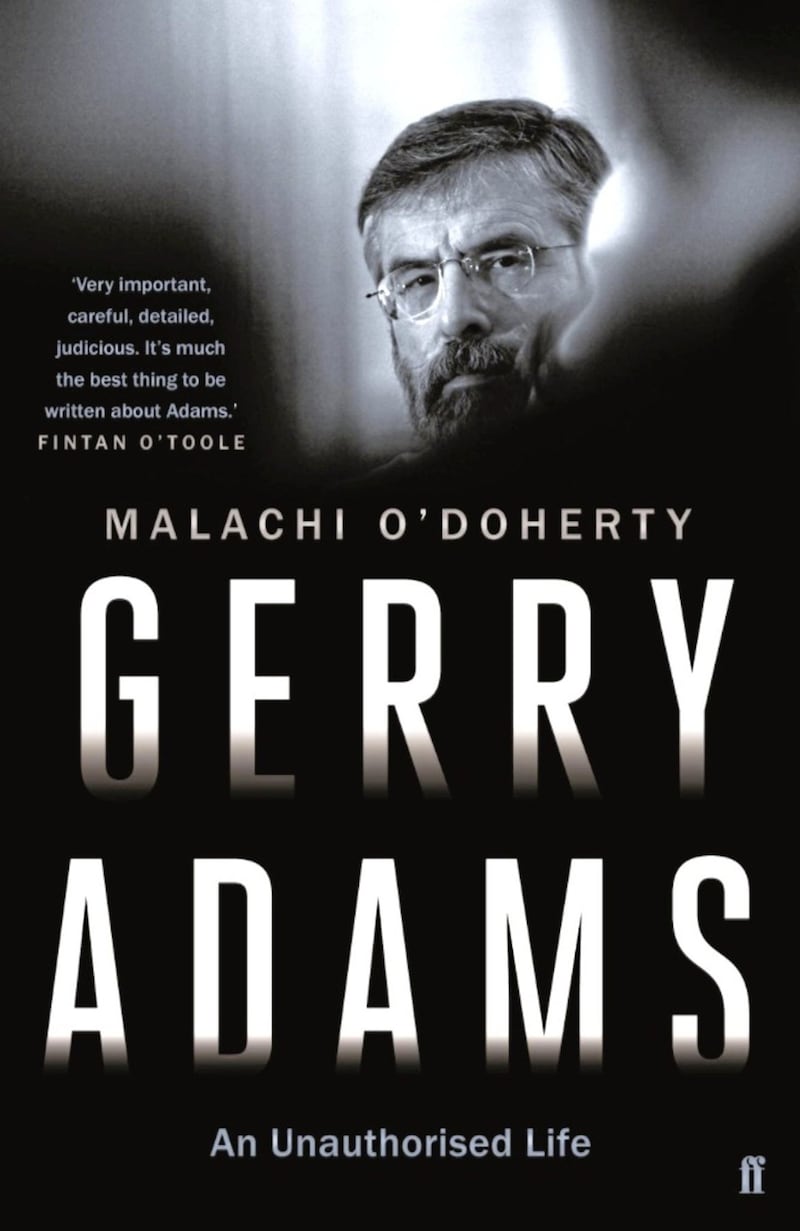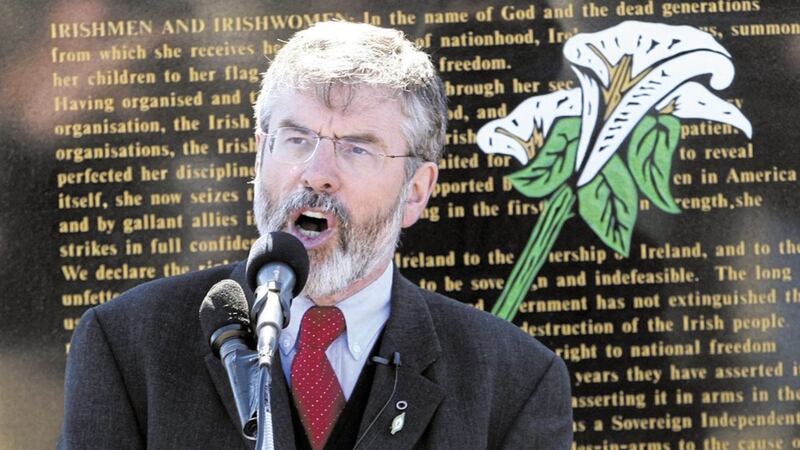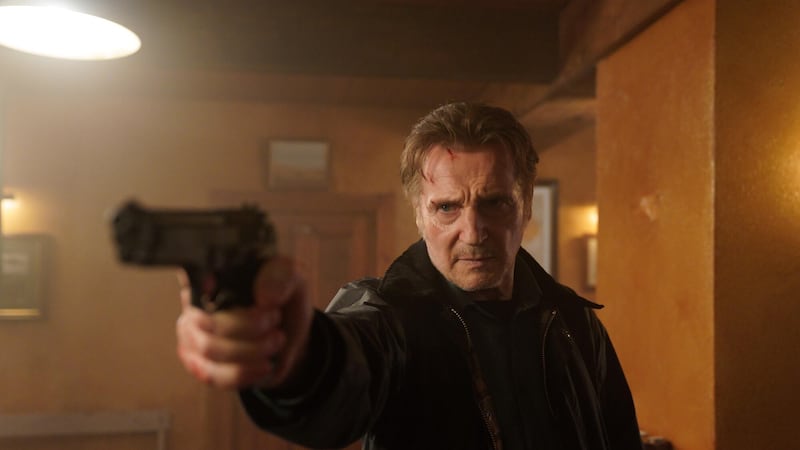GERRY Adams is a good storyteller, though his political message comes first and he has even told the same story, at different times, in markedly different ways, depending on the political concerns of the time.
And he changed many times over the years. He had been a revolutionary socialist in his 20s. He believed that the value of the civil rights campaign was that it would break partition. Ultimately Northern Ireland could not be maintained as a political entity attached to Britain other than by unjust legislation. Therefore if the legislation had to change, through reform, the statelet would collapse.
Some might argue that this was a flawed analysis that he has let go of, though it resonates with his ‘break these bastards’ remarks in Enniskillen.
Others might wonder if he was rationalising to republicans the need to work for something their theology rejected, reform of the six-county state.
That’s the thing about Adams; it’s hard to work out if he was great republican who still leads the movement towards the old objective, or if he was the deft reformer on the inside – the Trojan horse, even – who fashioned a successful political party out of a no-hope army.
The difficulty with some theories about him is that they credit him with almost superhuman foresight and patience.
The trajectory that enabled Sinn Fein to eclipse the IRA and take over the leadership of the movement seems plain when you look back on it.
The IRA ceasefire of 1975 illustrated how the IRA had been conned by the British into thinking that a united Ireland was imminent. The movement needed a more politically astute leader following that debacle.
The reformed IRA made a clear decision not to expand and not to escalate the campaign into a guerrilla war.

It developed the talents and the taste for political activism during the hunger strikes campaign, and wasn’t going to go back. Political gains were prioritised over military ones.
The value of the IRA to Sinn Fein was only that it could ultimately be traded for political advances. The question is whether Adams clearly understood that at that time or whether he anticipated that armed propaganda and political campaigning would continue side by side.
In The Politics of Irish Freedom, a book written in the mid-80s, largely to appeal to the English left, Adams defined two strategies which actually contradict each other. One was to build an army that could hold territory and challenge the British; the other was to advance the cause through ‘armed propaganda’.
Colonel Gadaffi armed the IRA for the first plan; Adams was really only interested in the second.
Some IRA members really thought that, now having the tools, they would lead a Tet-style offensive, perhaps take over the centre of Belfast and force a major armed confrontation. There was no way Adams and his coterie were going to go along with that.
The Libyan gear was used for spectaculars, armed propaganda, rather than for naked acts of war, though the clearest distinction between the two isn’t always possible.
Eventually the movement had to accept that the IRA campaign was incompatible with the growth of Sinn Fein. Realising that, the leadership went for the most protracted possible winding down of the IRA possible in order to exact political advantage for Sinn Fein, and this worked well for them.
It is possible to read that story as the work of one man and his coterie, outflanking everyone. Or it may simply be that this worked because it suited so many others too, especially the British.
And having an armed campaign behind you and the power to end it is an enormous political advantage.
The current political deadlock at Stormont raises the question of whether Adams is still playing his long game of making partition untenable by challenging the state to reform in ways which ultimately invalidate it.
Those who facilitated the peace process from the outside thought that Sinn Fein would become a normal political party, adjusting itself day by day to the practical problems that arose, becoming no more republican in the end than Labour was socialist.
Martin McGuinness certainly became a pragmatist and a problem solver.
In the coming year, we will find out if politics has curtailed Gerry Adams too or if he still has another move to make.
:: Malachi O'Doherty is a Belfast journalist, commentator and broadcaster. His new book, Gerry Adams: An Unauthorised Life, is published in paperback by Faber and Faber, priced £14.99. Available on September 07.








